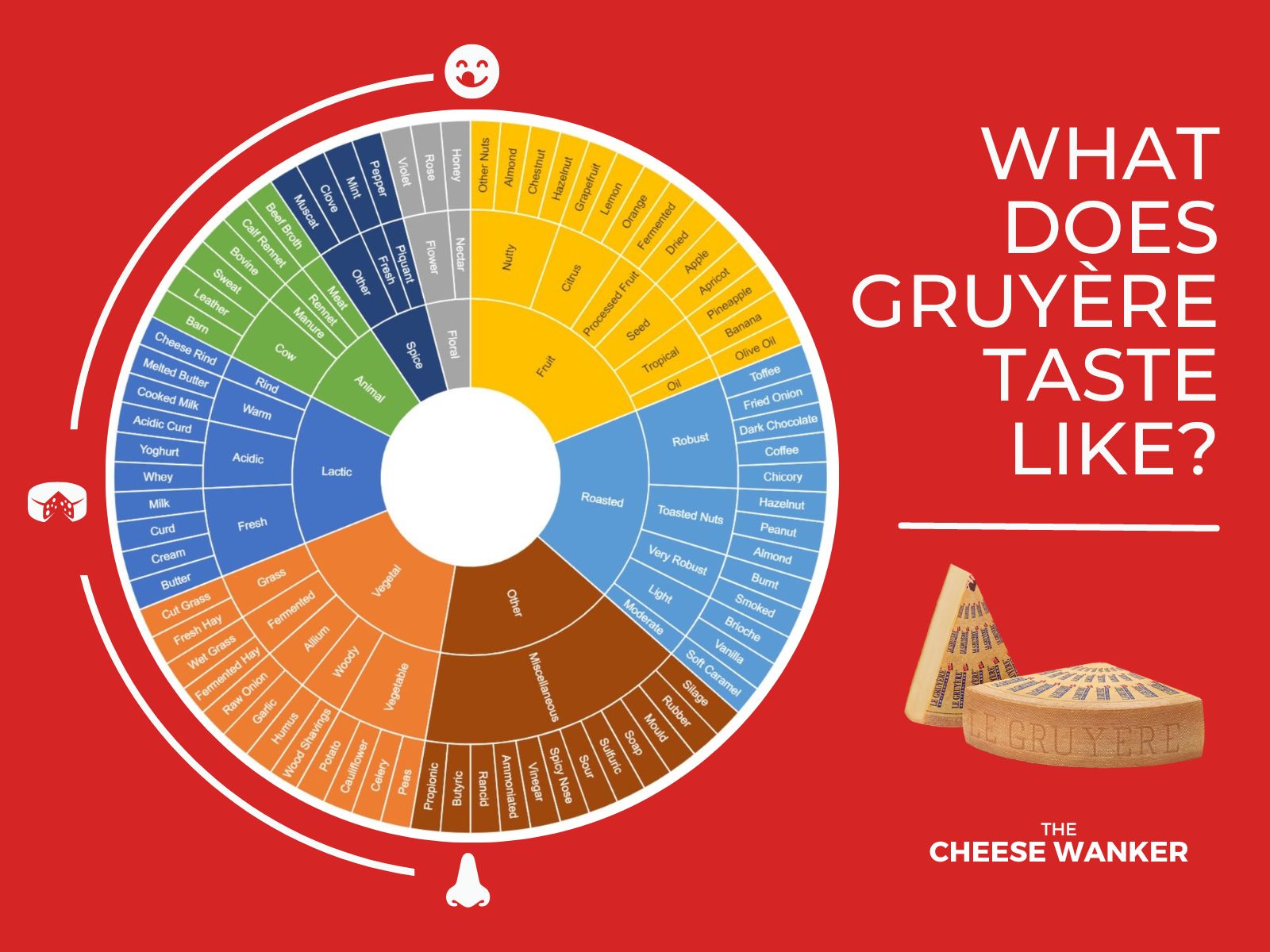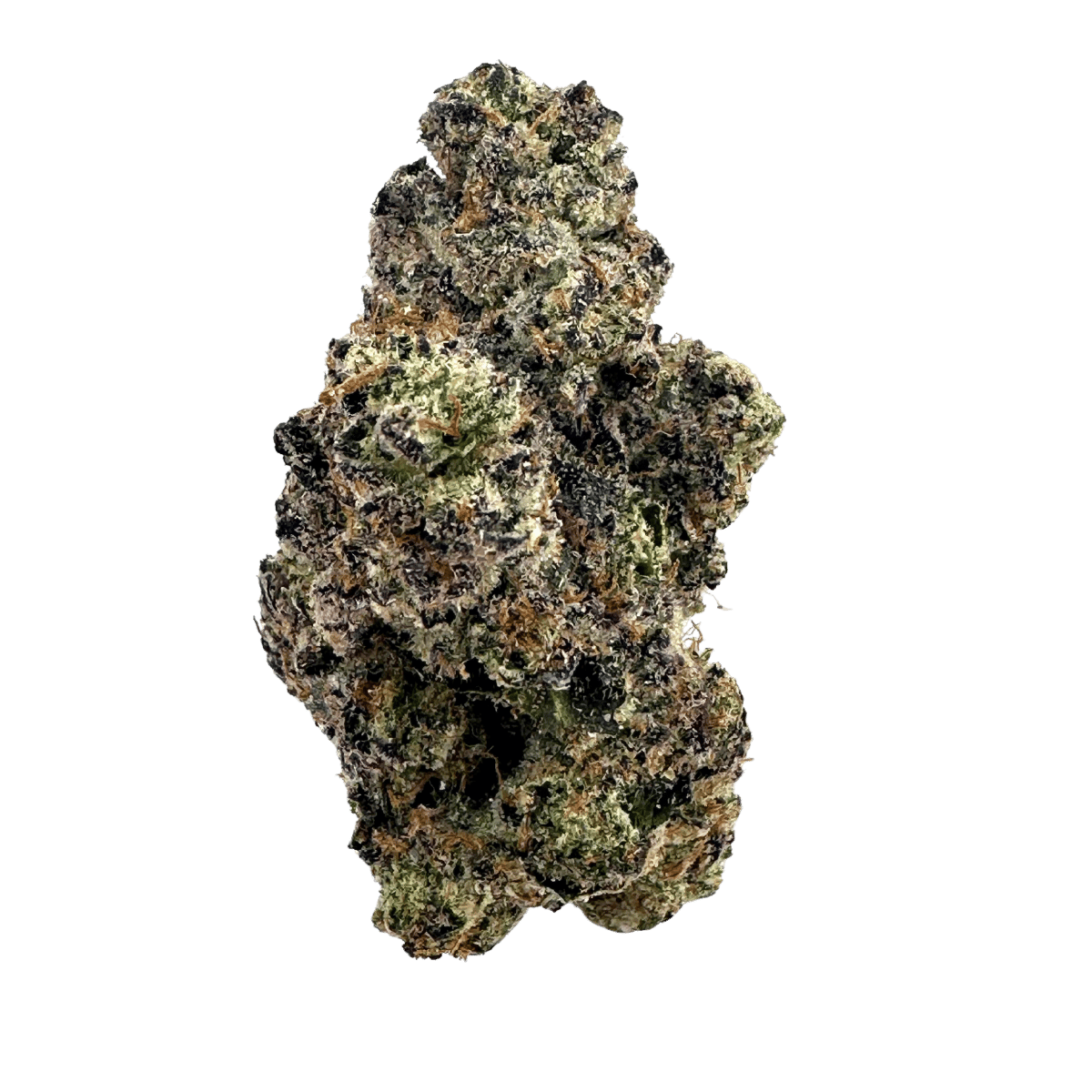Unveiling The Truth: Peanut Butter, Cheese, And Baking Soda Poisoning Risks
This seemingly odd combination has sparked curiosity among many, especially pet owners and health-conscious individuals. Whether you're a dog lover, a parent, or someone who enjoys experimenting with food, understanding the implications of these ingredients is crucial. Peanut butter, cheese, and baking soda are common household items, but their misuse can lead to unexpected health hazards. In this article, we will explore the dangers, dispel myths, and provide actionable advice to ensure your safety and the well-being of those around you.
While peanut butter and cheese are often considered safe and nutritious, their interaction with baking soda can pose risks, especially for pets. Baking soda, a common leavening agent in baking, can be toxic if consumed in large quantities. When combined with peanut butter or cheese, it might seem harmless, but the results can be alarming. The combination of these ingredients has been linked to cases of accidental poisoning, particularly in dogs. Understanding how these substances interact and their effects on the body is essential to prevent any mishaps.
Many people are unaware of the potential dangers of peanut butter, cheese, and baking soda poisoning. Whether it's a DIY home remedy, a prank gone wrong, or an accidental mix-up, the consequences can be severe. In this article, we will delve into the science behind these ingredients, their effects on health, and how to avoid any adverse outcomes. By the end of this piece, you will have a comprehensive understanding of the topic and the tools to keep yourself and your loved ones safe.
Read also:Claudia Oshrys Husband Everything You Need To Know About Their Love Story
- What Makes Peanut Butter, Cheese, and Baking Soda Dangerous?
- Can Peanut Butter and Cheese Cause Poisoning?
- Is Baking Soda Safe for Consumption?
- How Does Peanut Butter, Cheese, and Baking Soda Affect Dogs?
- What Are the Symptoms of Baking Soda Poisoning?
- Steps to Take if Poisoning Occurs
- How to Prevent Peanut Butter, Cheese, and Baking Soda Mishaps
- Common Misconceptions About Baking Soda and Food Combinations
- Why Is Peanut Butter Often Used in Dog Training?
- Conclusion: Stay Safe and Informed
What Makes Peanut Butter, Cheese, and Baking Soda Dangerous?
Peanut butter, cheese, and baking soda are individually safe when used appropriately. However, when combined, they can create a toxic mix, especially for pets. Peanut butter is a favorite treat for dogs, and cheese is often used as a sneaky way to give pets medication. Baking soda, on the other hand, is commonly used in baking and cleaning. But what happens when these ingredients are mixed together?
The danger lies in the chemical reaction that occurs when baking soda interacts with acidic substances like cheese or peanut butter. This reaction can produce carbon dioxide gas, which can cause bloating, stomach discomfort, and even poisoning in extreme cases. For pets, who are more sensitive to such reactions, the consequences can be severe. Understanding the science behind these interactions is key to preventing accidents.
Can Peanut Butter and Cheese Cause Poisoning?
Peanut butter and cheese are generally safe for human consumption and even for pets in moderation. However, when combined with baking soda, the risk of poisoning increases. The alkaline nature of baking soda can disrupt the body's pH balance, leading to symptoms like nausea, vomiting, and diarrhea. In pets, this can escalate quickly, causing more severe reactions.
One common scenario involves pet owners using peanut butter or cheese to hide medications mixed with baking soda. While the intention is good, the outcome can be harmful. It's essential to consult a veterinarian before introducing any new food combinations to your pet's diet. Understanding the risks associated with peanut butter, cheese, and baking soda poisoning can help you make informed decisions.
Is Baking Soda Safe for Consumption?
Baking soda, also known as sodium bicarbonate, is a versatile ingredient used in cooking, cleaning, and even health remedies. While it is safe in small amounts, excessive consumption can lead to health issues. Baking soda poisoning occurs when large quantities are ingested, disrupting the body's acid-base balance. This can result in symptoms like muscle spasms, seizures, and even heart problems.
For pets, the risk is even higher. Dogs, in particular, are prone to eating anything they find appealing, including peanut butter mixed with baking soda. If you suspect baking soda poisoning, it's crucial to seek veterinary assistance immediately. Educating yourself about the safe use of baking soda can prevent accidental poisoning and ensure the well-being of your loved ones.
Read also:Bathtub Killer Victims Unveiling The Dark Truth Behind The Crimes
How Does Peanut Butter, Cheese, and Baking Soda Affect Dogs?
Dogs are naturally curious and have a tendency to eat things they shouldn't. Peanut butter and cheese are often used as treats or training tools, but when combined with baking soda, they can pose a serious threat. The alkaline nature of baking soda can cause metabolic alkalosis in dogs, a condition where the body's pH becomes too high.
Symptoms of peanut butter, cheese, and baking soda poisoning in dogs include excessive drooling, lethargy, vomiting, and abdominal pain. In severe cases, it can lead to seizures or even death. If you notice any of these symptoms, contact your veterinarian immediately. Prevention is always better than cure, so it's essential to keep these ingredients out of reach and avoid using them in combination.
What Are the Symptoms of Baking Soda Poisoning?
Baking soda poisoning can manifest in various ways, depending on the amount ingested and the individual's sensitivity. Common symptoms include nausea, vomiting, diarrhea, and abdominal pain. In severe cases, it can lead to muscle spasms, seizures, and irregular heartbeats. Pets are particularly vulnerable to these effects due to their smaller size and faster metabolism.
If you suspect baking soda poisoning, it's crucial to act quickly. For humans, drinking plenty of water can help dilute the substance and reduce its effects. For pets, immediate veterinary care is necessary. Understanding the symptoms of baking soda poisoning can help you identify the issue early and take appropriate action.
Steps to Take if Poisoning Occurs
If you or your pet accidentally ingest peanut butter, cheese, and baking soda, it's important to act quickly. For humans, drink water to dilute the substance and monitor for symptoms. If symptoms persist or worsen, seek medical attention immediately. For pets, contact your veterinarian or a pet poison helpline for guidance.
Here are some steps to follow in case of poisoning:
- Stay calm and assess the situation.
- Identify the substance ingested and the quantity.
- Contact a medical professional or veterinarian.
- Provide details about the incident to receive appropriate advice.
How to Prevent Peanut Butter, Cheese, and Baking Soda Mishaps
Prevention is key to avoiding peanut butter, cheese, and baking soda poisoning. Store these ingredients separately and out of reach of pets and children. Avoid using baking soda as a home remedy unless advised by a professional. When giving treats to pets, stick to safe and approved options.
Additionally, educate yourself and others about the potential risks of combining these ingredients. Awareness is the first step toward prevention. By taking these precautions, you can ensure the safety of your loved ones and avoid any mishaps.
Common Misconceptions About Baking Soda and Food Combinations
There are several misconceptions about baking soda and its interaction with food. Some people believe that baking soda can neutralize stomach acid or act as a detoxifying agent. While it does have mild alkaline properties, excessive use can be harmful. Combining it with acidic foods like peanut butter or cheese can lead to adverse reactions.
Another common myth is that baking soda can be used as a cure-all for various ailments. While it has some health benefits, it is not a substitute for professional medical advice. Understanding these misconceptions can help you make informed decisions and avoid unnecessary risks.
Why Is Peanut Butter Often Used in Dog Training?
Peanut butter is a popular choice for dog training due to its strong aroma and taste. Dogs are naturally drawn to its rich flavor, making it an effective reward. However, it's important to choose peanut butter that is free from harmful additives like xylitol, which can be toxic to dogs.
When used responsibly, peanut butter can be a valuable tool in training and bonding with your pet. However, combining it with baking soda or other risky ingredients can lead to peanut butter, cheese, and baking soda poisoning. Always prioritize your pet's safety and consult a veterinarian before introducing new treats.
Conclusion: Stay Safe and Informed
Peanut butter, cheese, and baking soda poisoning is a real concern, especially for pet owners. By understanding the risks and taking preventive measures, you can ensure the safety of your loved ones. Whether you're using these ingredients in cooking, cleaning, or as treats for your pets, always prioritize safety and informed decision-making.
Stay informed about the potential dangers of combining these ingredients and educate others about the risks. By doing so, you can prevent accidents and contribute to a safer environment for everyone. Remember, knowledge is power, and staying informed is the best way to protect yourself and your loved ones from peanut butter, cheese, and baking soda poisoning.
Hair Styles Long Front Short Back: The Trendy Look You Need To Try
The Ultimate Guide To Theaterical Intryder Sticker Bee Swarm: Discover The Buzz
Fortnite Saw Stage 13: Unveiling The Secrets And Thrills

What does Gruyère Cheese Taste Like? (Authentic Flavour Wheel)

Peanut Butter Breath THCa Flower Shop Peanut Butter Breath